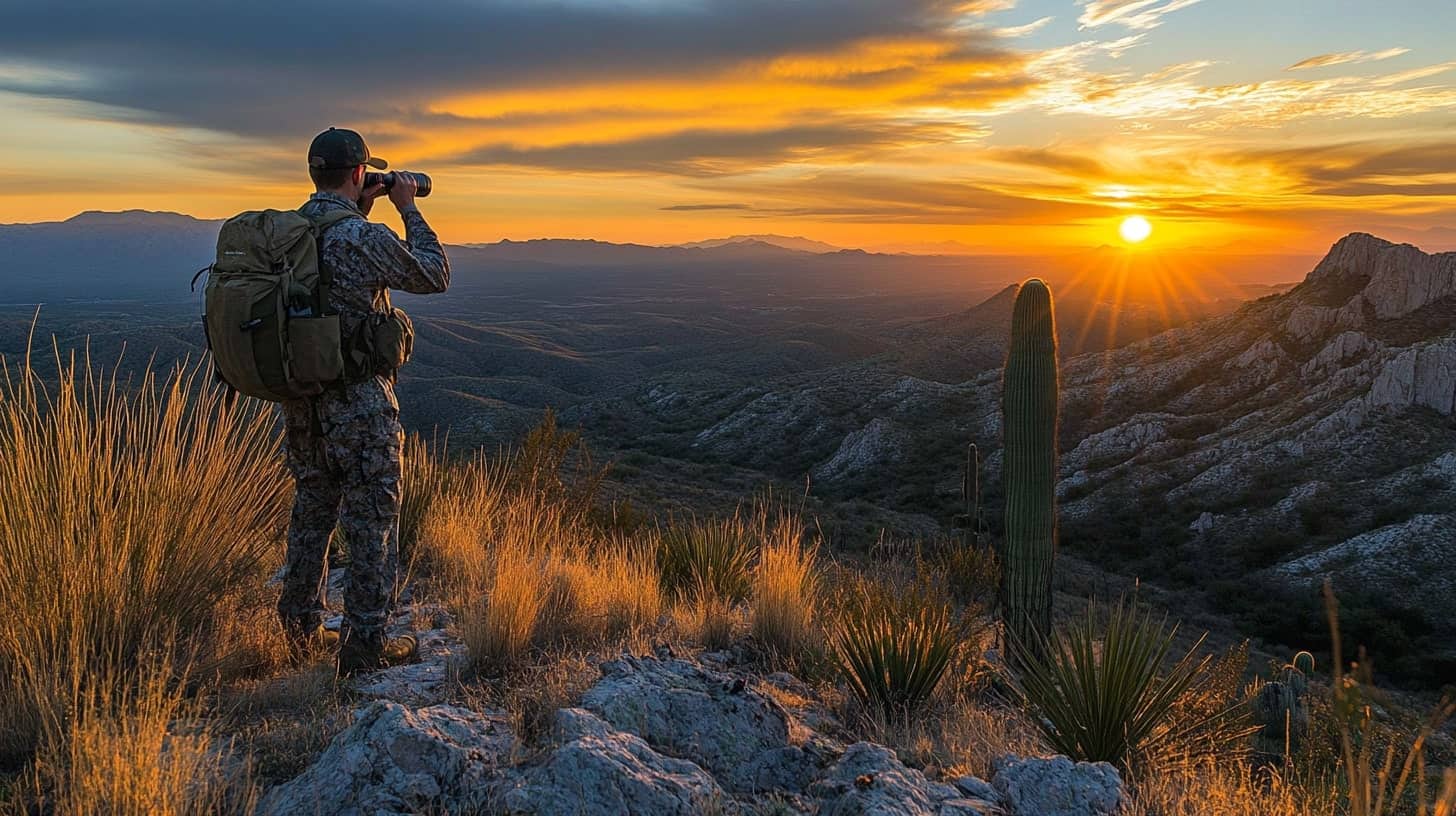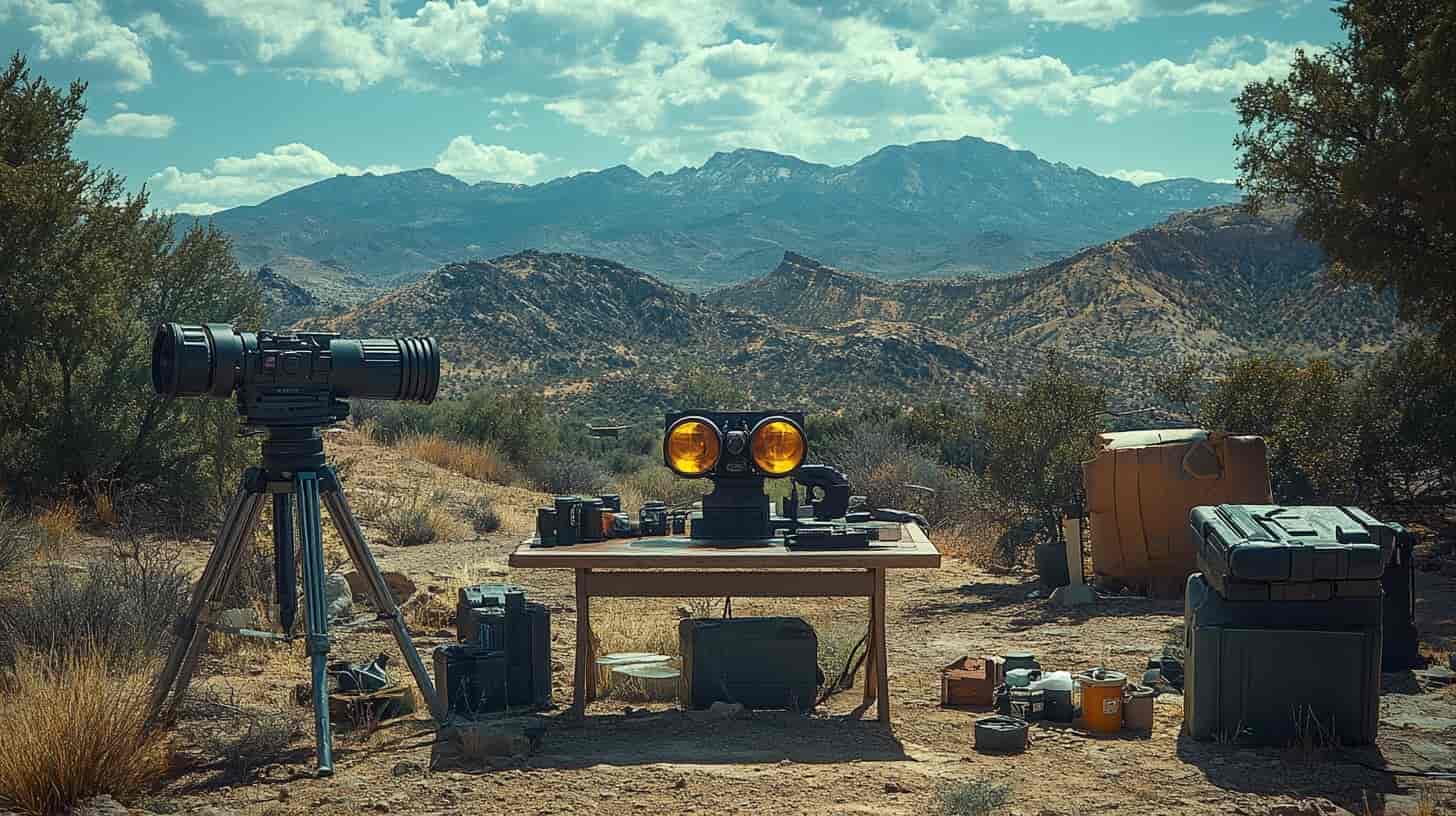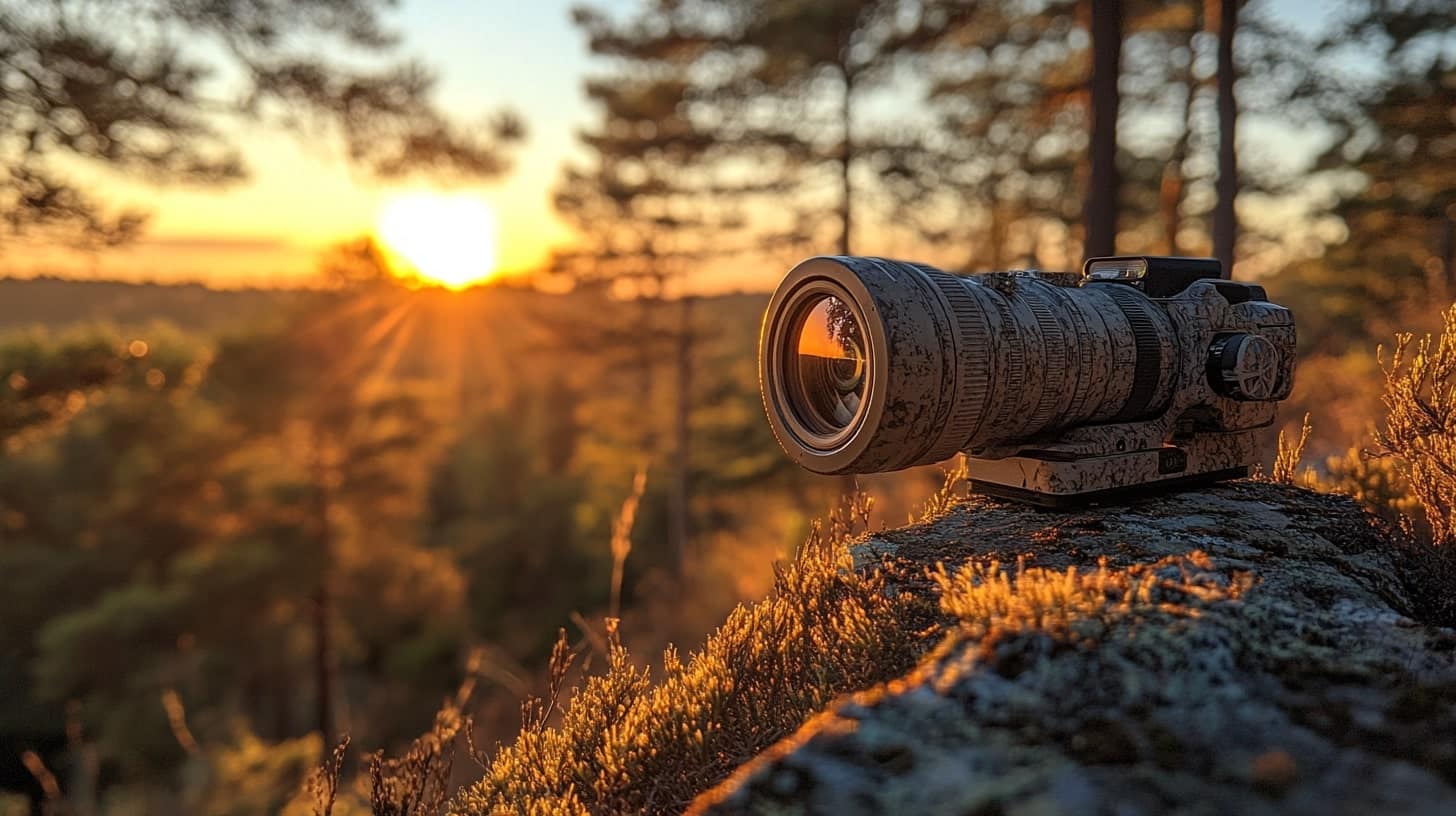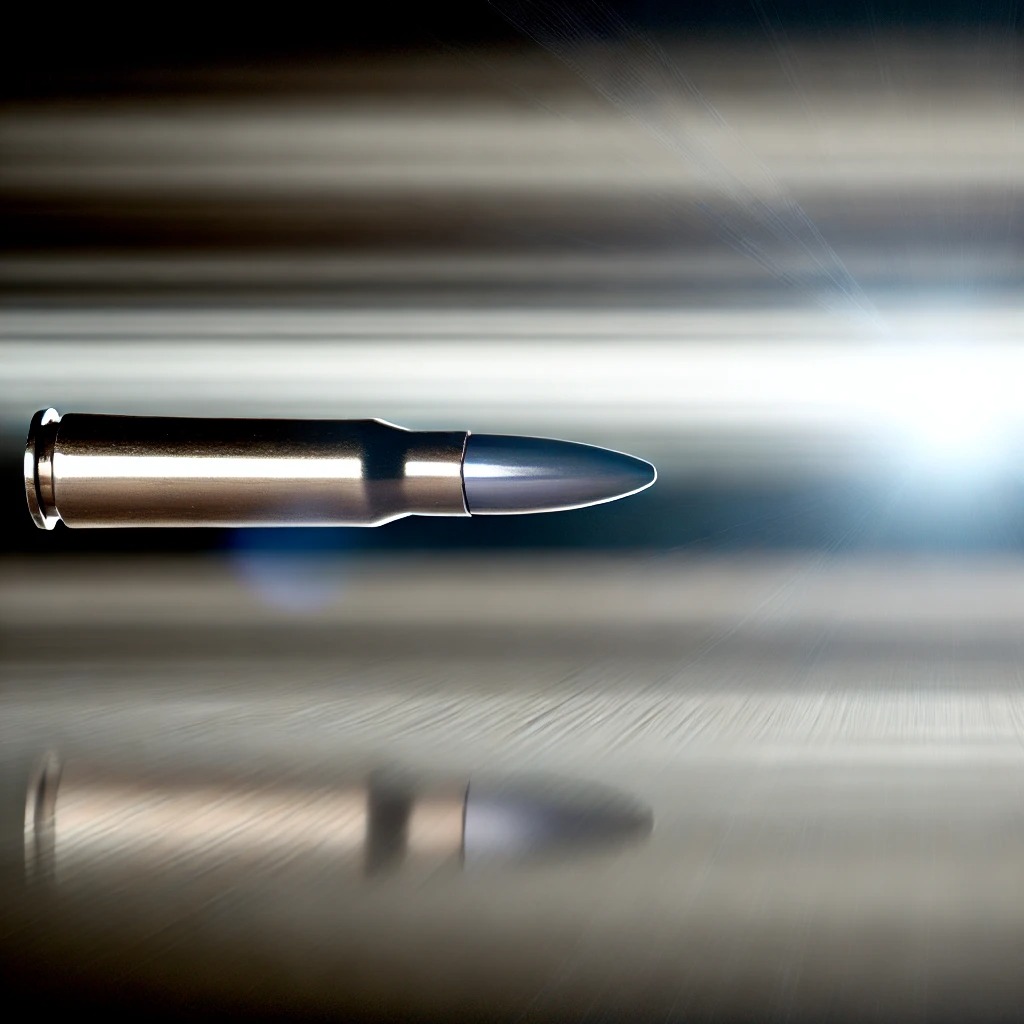Hunting is an age-old practice that combines skill, patience, and a deep respect for nature. Whether you’re interested in hunting for sport, sustenance, or as a means of connecting with the wilderness, getting started can feel overwhelming. With the right knowledge, preparation, and equipment, you can transition from a beginner to a skilled hunter. In this guide, we’ll explore key strategies, essential gear, and valuable insights to help you embark on your hunting journey with confidence.
Understanding the Basics of Hunting
Hunting begins with understanding its purpose and ethical principles. At its core, hunting is about sustainability and balance. It involves carefully selecting targets to maintain healthy animal populations and respect for the natural ecosystem. As a beginner, your first step is to research local hunting laws and regulations in your area. Every state or region has specific guidelines regarding seasons, permissible species, and hunting methods.
For example, in Bisbee, Arizona, hunting regulations often focus on preserving the desert’s fragile ecosystem while providing opportunities to hunt species like mule deer or javelina. Understanding these rules ensures that your activities align with conservation efforts and local ethics.
Preparation: The Key to Success
Preparation is the foundation of successful hunting. Before heading out, ensure that you have the appropriate licenses and permits required for the species and season.
Physical fitness is equally important. Hunting often involves long treks through uneven terrain, carrying gear, and remaining steady for extended periods. Start with regular hikes to build stamina and improve your ability to handle outdoor challenges.
Additionally, studying the behavior and habitat of your target species is crucial. Understanding animal movement patterns, feeding habits, and bedding areas will significantly increase your chances of a successful hunt.
Essential Gear for Beginners
Equipping yourself with the right tools is vital for safety and success. Here’s a breakdown of some essential hunting gear:
- Firearms or Bows: Choose a firearm or bow that suits your target species and level of experience. Rifles like the .30-06 Springfield or .308 Winchester are excellent for large game, while compound bows provide a quieter alternative for seasoned archers.
- Night Vision and Thermal Optics: Night hunting often requires specialized optics. Modern thermal scopes and night vision goggles are game-changers, allowing hunters to detect animals in low-light conditions. At Bisbee Guns Blog, we regularly review and compare the latest in optical technology.
- Clothing and Footwear: Camouflage clothing and sturdy, waterproof boots are essential for blending into your environment and navigating rough terrain. Choose lightweight materials to stay comfortable over long periods.
- Backpack and Survival Gear: A well-stocked backpack should include a first-aid kit, map, GPS, water filtration system, and snacks. These items ensure safety and convenience during your trip.
The Importance of Scouting
Scouting is a critical step in planning your hunt. This involves visiting potential hunting locations to identify promising spots and understand the terrain. In Bisbee, scouting can be particularly rewarding due to its unique desert landscape, which offers distinct challenges and opportunities.
Trail cameras are excellent tools for tracking animal activity over time. Set them up in areas where you’ve observed tracks, droppings, or other signs of wildlife. Over time, you’ll gather valuable information that will inform your hunting strategy.
Patience and Technique in the Field
Once you’re in the field, patience is your most valuable asset. Hunting requires long periods of stillness and quiet observation. Learn to use the wind to your advantage, as animals rely heavily on their sense of smell. Position yourself downwind to avoid detection.
Mastering calls and decoys is another important skill. Many species respond to specific sounds, such as mating calls or distress signals. Using these strategically can draw animals closer to your position.
The Role of Technology in Modern Hunting
Hunting has evolved significantly with the advent of advanced technologies. Devices like GPS-enabled rangefinders, high-resolution thermal scopes, and precision riflescopes have transformed the experience for hunters.
Thermal imaging, for instance, is particularly useful for identifying animals at dawn or dusk when visibility is low. At Bisbee Guns Blog, we’ve tested and reviewed some of the best thermal optics on the market, helping hunters make informed decisions about their purchases.
Safety First: Hunting Etiquette and Precautions
Safety is paramount in any hunting scenario. Always treat your weapon as if it’s loaded, and ensure it’s pointed in a safe direction. Wearing blaze orange clothing is essential to remain visible to other hunters while blending into your environment.
Respect for the land and wildlife is another critical aspect of hunting etiquette. Always clean up after yourself, avoid damaging natural habitats, and only take shots you’re confident will result in a clean and ethical kill.
After the Hunt: Processing and Preservation
The work doesn’t end once you’ve successfully harvested an animal. Field dressing, or removing the internal organs of the animal, is a necessary first step to ensure the meat remains fresh. This process should be done as quickly as possible to prevent spoilage.
Next, transport your harvest to a cool area for further processing. Many hunters prefer to butcher their game themselves, while others rely on professional processors. Either way, proper care and handling are essential for preserving the meat’s quality.
The Joy of Hunting: Beyond the Harvest
Hunting is about much more than the harvest. It’s an opportunity to connect with nature, challenge yourself, and develop skills that have been passed down through generations. For many hunters, the most memorable moments come from the journey rather than the result.
As you gain experience, you’ll find that each hunt teaches you something new—whether it’s understanding animal behavior, improving your marksmanship, or simply learning to appreciate the beauty of the wilderness.
Conclusion
Hunting is a rewarding activity that combines skill, preparation, and a deep respect for nature. As a beginner, starting with the basics, equipping yourself with the right gear, and focusing on ethical practices will set you up for success. Over time, you’ll develop the patience, knowledge, and techniques necessary to become a skilled hunter.
At Bisbee Guns Blog, we’re passionate about providing outdoor enthusiasts with expert advice, gear reviews, and insights. From exploring advanced thermal optics to sharing practical hunting tips, we’re here to support your journey into the great outdoors.
Embark on your next hunting adventure with confidence, and remember: every great hunter started as a beginner.




